In the summer of 2021, frequent power cuts in Lebanon caused by a shortage of fuel affected the everyday lives of the country’s population. Businesses struggling to survive, hospitals and clinics across the country risk shutting down, leaving patients in intensive care in critical situations if the power goes out. In addition, power cuts hindered water stations from pumping water to people’s homes, increasing the risk of cutting off water for four million people.
This situation pushes the population suffering from frequent electricity cuts to resort to solar power for their basic electricity needs. Like several households in Lebanon, Imad Ismail, a resident in the southern suburbs of Beirut, resorted to solar power. He mentions in an interview conducted in August, when the electricity crisis was at its peak, that they only got electricity provided by the government for almost 2 hours a day. The electricity provided by the generators’ private owners is extremely expensive, and they only get it for 4 to 5 hours a day at different times. His family found that the best solution was to install solar panels on their roof, making sure that they have reliable energy and are independent from the private generators’ providers who are taking advantage of the situation.
Picture 1. Solar panels for Imad’ family household in the southern suburbs of Beirut.
Just when things couldn’t get any worse, Lebanon running out of fuel resulted in two main power stations Deir Ammar and Zahrani shutting down in July, “plunging much of the country into a near-total blackout”.
Power cuts are usually normal in Lebanon; people usually fill in the gaps by subscribing to private generators as being their only alternative resource. Nevertheless, this time, not even generators are able to support people in this crisis as they are running out of diesel and they cannot completely replace the electricity provided by the government.
Mohamad Krayem, an employee at Secutech, a company that works in the field of solar power says that solar energy is the best solution at the moment. Solar panels rely on the light of the sun, and Lebanon has the climate that can provide the necessary resources to support its people’s basic needs. He goes on by saying that the main challenge that they face with clients is the high cost. Lebanon is currently going through an economic crisis that makes it difficult for them to afford it since the equipment is sold in US dollars and people can’t invest in such things. Nevertheless, you can check out his interview in Step 2.4 of the Sustainable Energy Access for Communities MOOC where he provides more affordable alternatives.
Picture 2. Secutech employees installing solar panels.
The motivation for the Sustainable Energy Access for Communities MOOC comes from the RELIEF Centre’s research in Lebanon, where energy access is a challenge for everyone. Yet, it is a country rich in natural resources, particularly sunshine. In this run of the MOOC we added new case studies that present some of the challenges facing different groups in Lebanon and the different solutions provided by the community.
Find out more about this topic:
Lebanon's health sector races toward solar power amid electricity cuts
Why are power outages paralyzing Lebanon?


